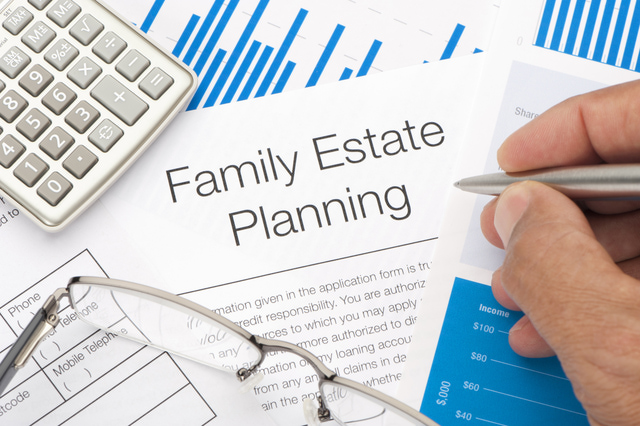If you are considering selling your business, buying a business or obtaining a loan for your business, you must know the value of your business. It takes more than lofty sales projections to determine the value; inventory, physical assets, past sales, earnings, compensation, expenses and even the life cycle of the business must be part of the analysis. While there are many ways and theories of determining the true value, here are some pointers to help you see a business’ true value.
Here are 8 factors to consider and use in your analysis of the value of a business.
- Physical Asset Inventory
When starting to determine the value of the business, it is essential to take an inventory of physical assets. This should include any product stock, office equipment, artwork, office furniture, tools, real estate and vehicles. In the sale or purchase of a business make sure that all physical assets that will be transferred are included in the inventory. This helps to ensure a smooth transition.
- Revenue Stream
Historical data of revenue stream is vital to the value of the business. Analyzing this information also helps to bring to light ebbs and flows of revenue. All businesses have “hot” and “cool” periods of sales and revenue and it must be identified to ensure that during “cool” periods, there is enough cash flow to make it through. This is important for sales, purchases and new financing of businesses. If you are taking on a new investor or loan, revenue stream allows you to properly budget for the outlays of repayment.
- Sales vs. Profit
Yes, there is a difference and this is important for business value. You can have amazing sales but if prices are too low or expenses too high, your profit margin will not be as high as you might desire. If a business is constantly cutting prices to increase sales, there may be a problem with marketing, the product itself or it may show a lack of customer demand. Annual profit numbers are an integral part to business valuation. This can be tricky for small business owners that like to deduct as much as possible off income taxes for losses; the deductions taken can adversely affect the valuation of the business. Speak to an accountant about the pros and cons of such actions especially if you are considering selling your business in the future.
- Annual Earnings Before Interest, Taxes & Depreciation
While this analysis can help to offset the sales vs. profit issue mentioned above, it can lead to questions of cash flow if not properly addressed. Every business has expenses and the valuation of the business is dependent on expenses and revenue. Take, for example, a product you sell for $100.00. Let’s suppose that this product costs $18.00 to make. This sounds great! $82.00 of profit each. But, let’s break that down. From the $82.00 from each sale, you have to figure all expenses including shipping, storage, employee compensation, loan/debt repayments, office expenditures, taxes, depreciation and interest. That $82.00 can quickly be depleted into less than $20.00 depending on volume sold.
- Compensation of Employees, Stakeholders and Executives
If regular compensation of these key figures is over market, it can adversely affect the value of the business. Today, “lean and mean” businesses that operate with lower costs, including wages and benefit plans are typically considered better investments to buyers, lenders and investors.
- Life Cycle of Business/Product
Every business and product has a life cycle. Determining the life cycle is essential for an accurate valuation of the business. Take for example a business that makes a specific tech product – if they have only 1 product or the vast majority of sales come from 1 product, they may be in jeopardy. It is vital that a business keep an eye on innovation to maintain their relevance in the world. Remember, Wonder Bread was once the hottest seller on the bread aisle. Now artisanal breads are the stars.
- Inherent Risk of the Business
Different businesses have different levels of risk. Life cycle evaluation is not the only element. Businesses at risk of liability claims, worker compensation claims and a history of these types of activities may have a lower value to buyers and investors. Prior to purchasing a business or investing in a business, it is important to determine the level of risk you are willing to take.






